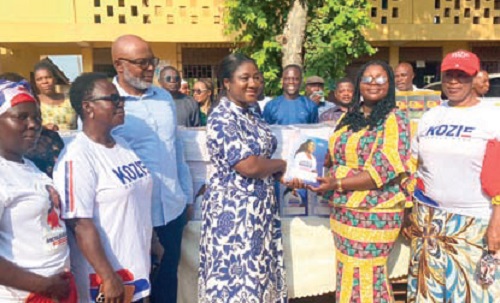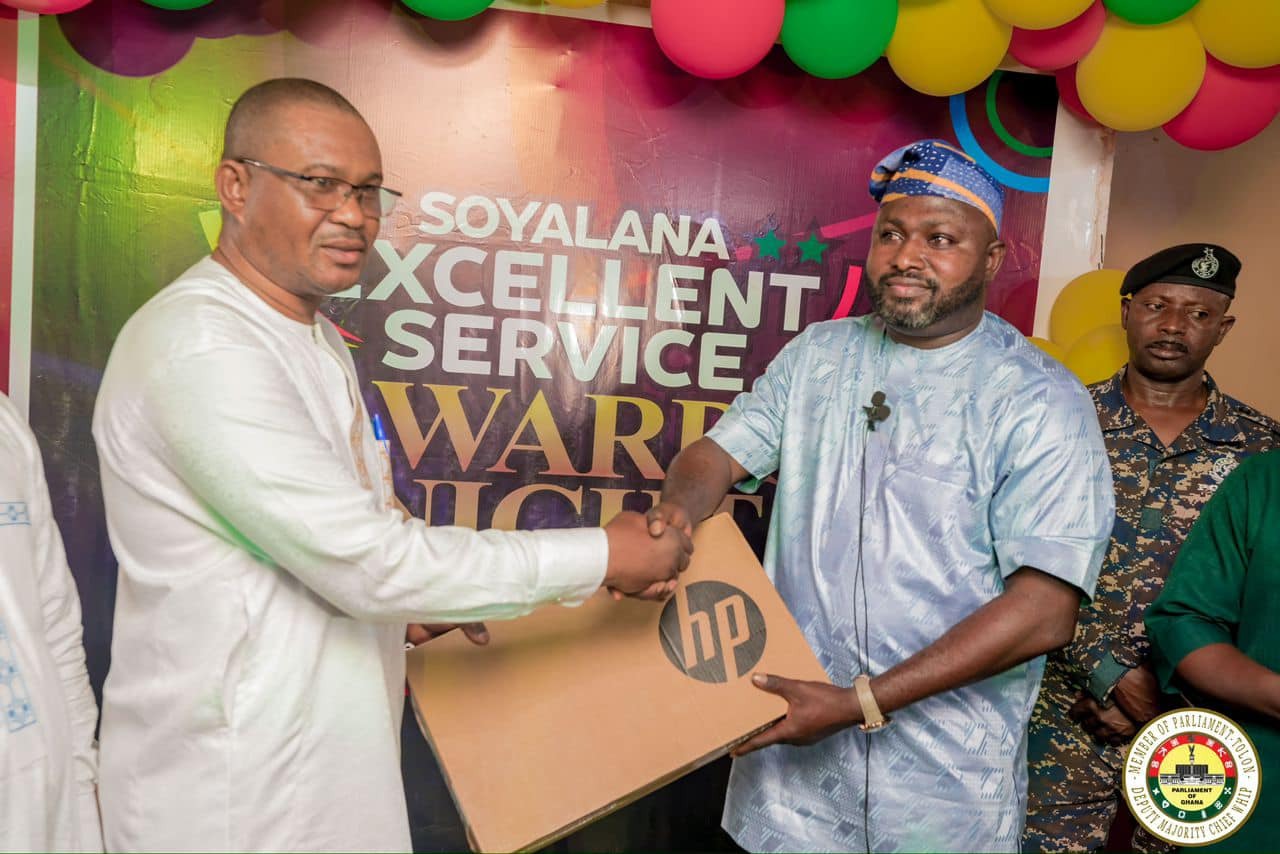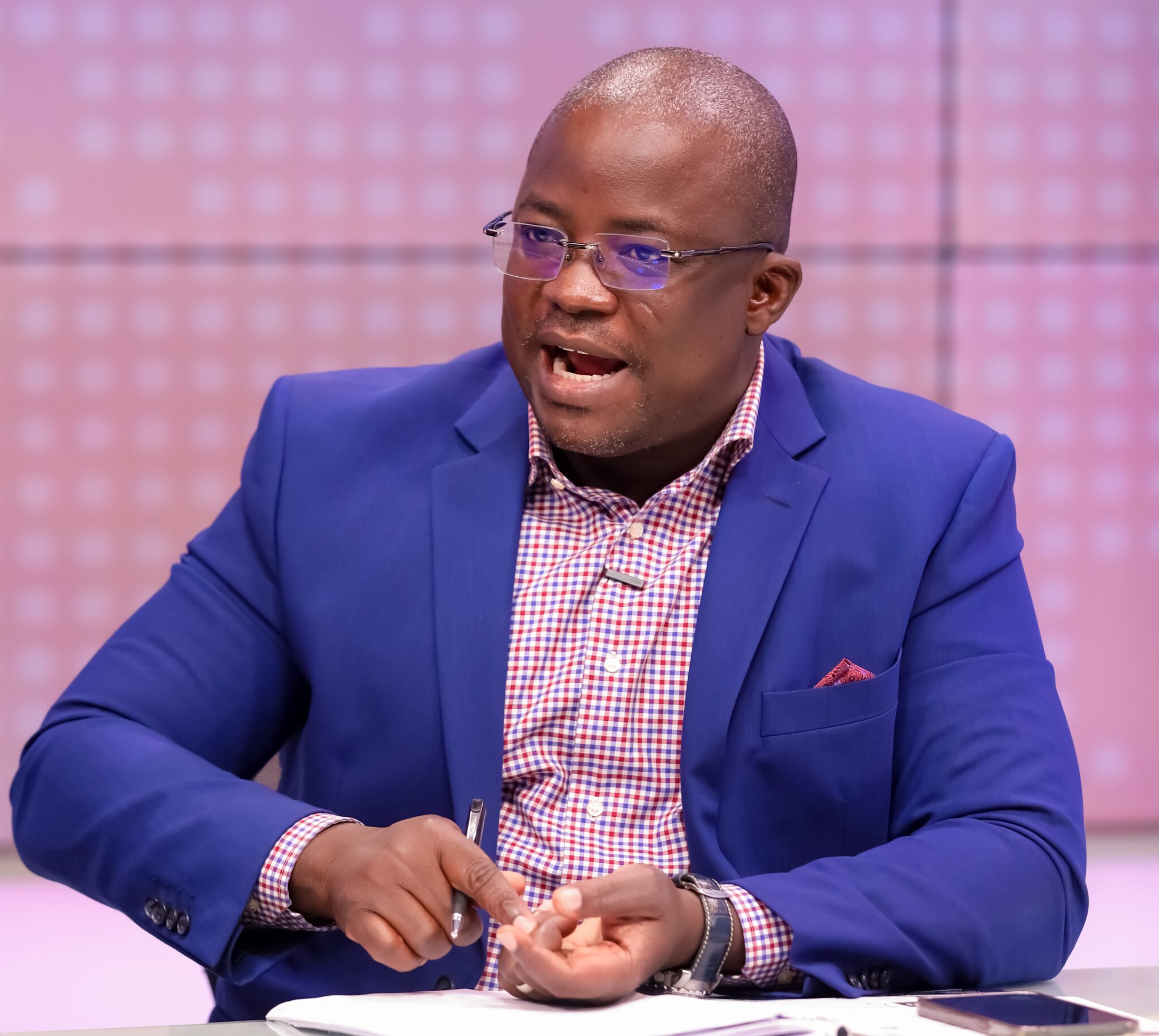
According to the Chief Executive Officer of the NBS, Dr Justina K. Ansah, who described Ghana’s state as not being sufficient, said the World Health Organisation (WHO) had recommended that every country had in store one percent of the blood of its population, as such Ghana needed 30,000 units of blood.
She said what accounted for the low level of donations was inadequate resources, infrastructure, support and finances.
However, she said the NBS was implementing a National Blood Supply Strengthening Programme (NBSSP) to increase access to safe and quality blood services in the country.
“The NBSSP has an ambitious target of increasing the proportion of voluntary blood donations from the current low level of 37 percent to 75 percent within the short to medium term (10 year),” she said.
National Blood Donor Day
Dr Ansah was speaking in Accra last Monday as part of activities to commemorate the 2019 National Blood Donor Day, on the theme “Blood donation and universal access to safe blood transfusion as a component of achieving universal health coverage”.
The annual event was organised by the NBS in collaboration with the Rotary Clubs of Accra and Accra-Ridge, aimed at publicly acknowledging and appreciating regular voluntary unpaid blood donors and other stakeholders for their contribution and commitment to a safe, adequate and sustainable blood supply in Ghana.
The event was also to launch the 19th Blood Donor Campaign to intensify advocacy on voluntary blood donations. Read Full Story

























Facebook
Twitter
Pinterest
Instagram
Google+
YouTube
LinkedIn
RSS